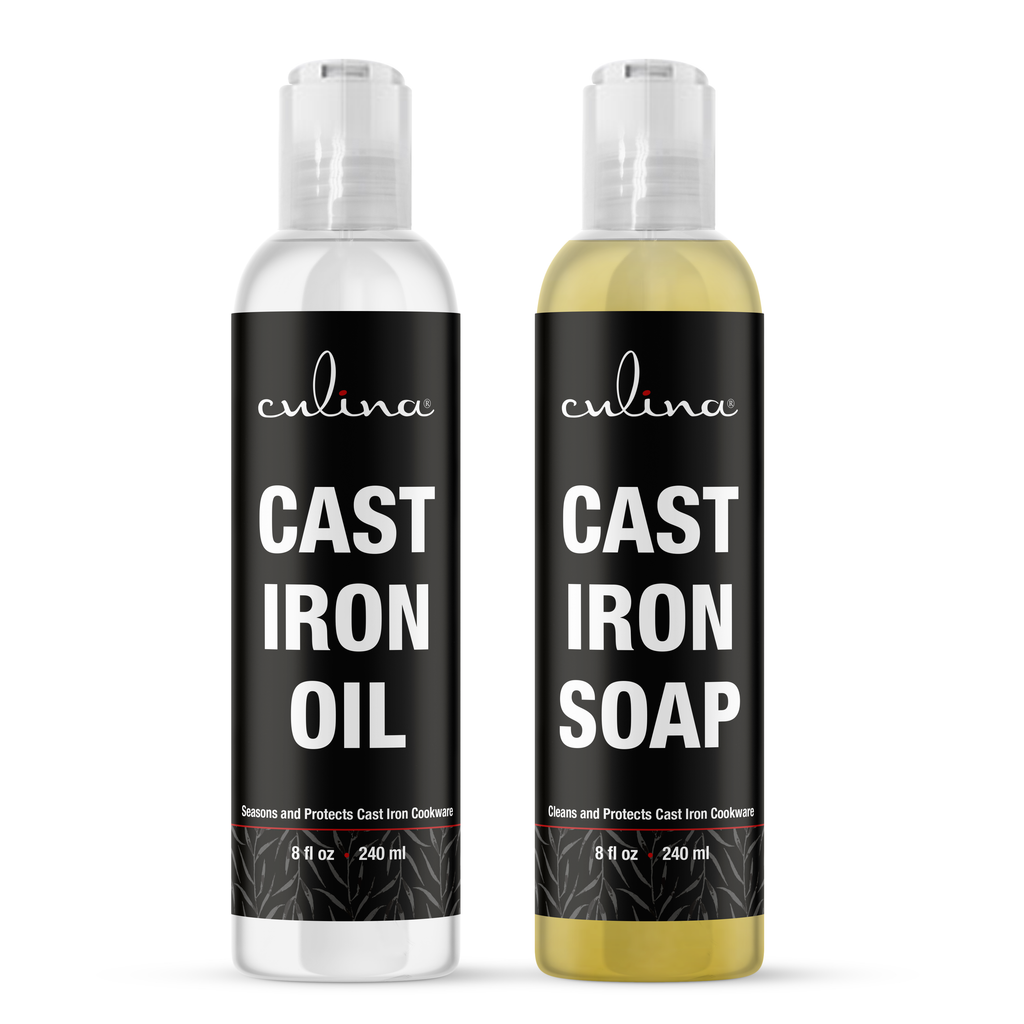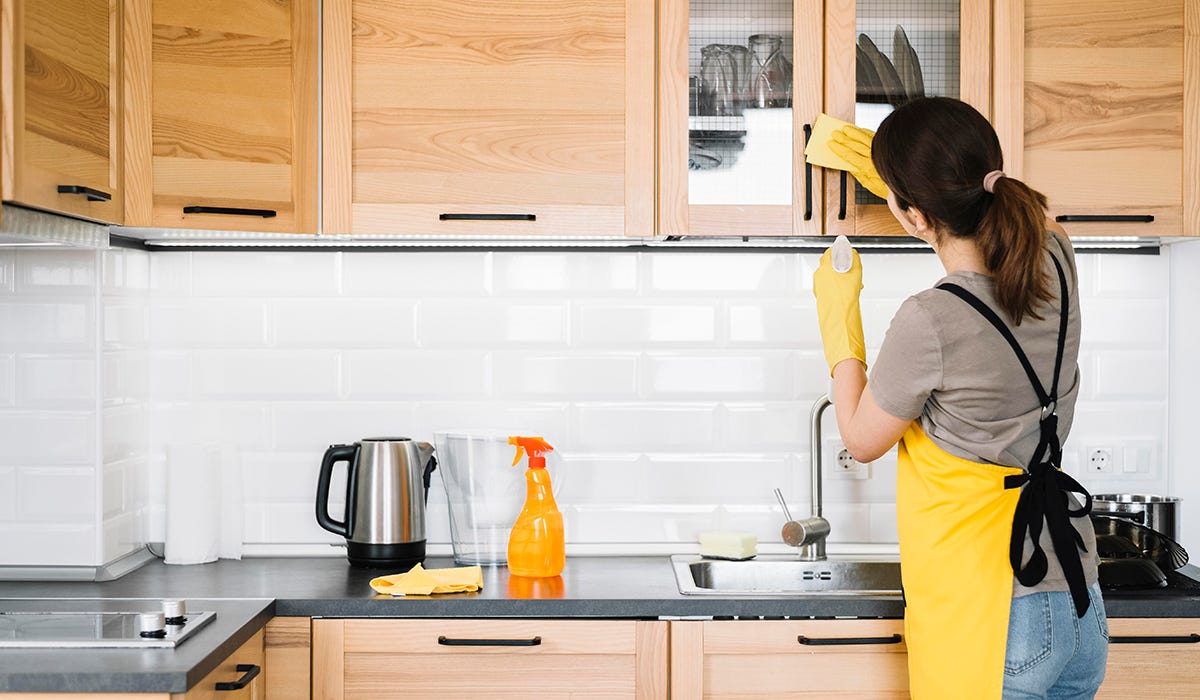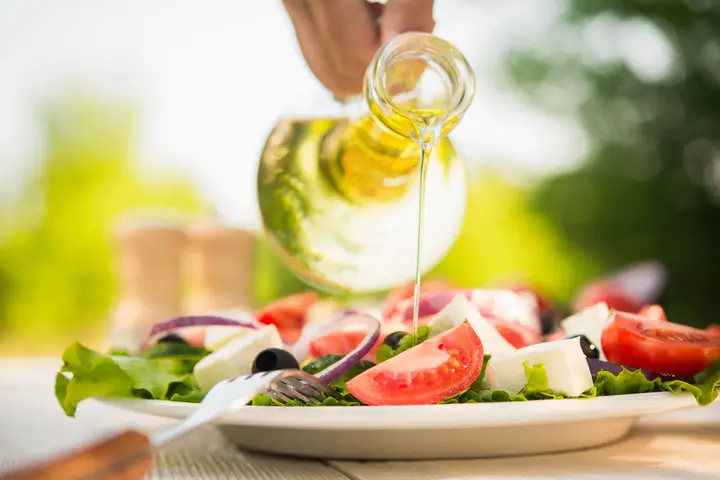Terrific Tips and Tricks: How to Clean Kitchen Floor Tiles?
If youre a beautician who loves maintaining a clean environment, you might be surprised to learn that your workspace should extend to your kitchen. Knowing how to clean kitchen floor tiles can create a damage-free and inviting space. Whether it's natural stone, vinyl, or ceramic tiles, the technique differs but cleaning is essential for hygiene and aesthetic appeal.
Dirty kitchen tiles can harbor bacteria, stains, and grime, which can compromise not only your kitchen's look but also your overall health. This article will equip you with the exclusive knowledge you need to transform your tiles into a sparkling clean backdrop for your culinary adventures.

The Importance of Clean Kitchen Floor Tiles
Your kitchen floor experiences a lot of traffic, making it one of the most challenging areas to maintain. It plays a crucial role in your home or salon, especially as a beautician who understands the importance of cleanliness. When you are aware of how to clean kitchen floor tiles efficiently, you ensure that your working area remains pristine.
Choosing the Right Cleaning Method
Different tiles require different cleaning methods. Let's break down the techniques and solutions for cleaning some common types of floor tiles.
Ceramic Tiles
Ceramic tiles are popular for their durability. The cleaning method involves:
- Create a mixture of warm water and mild dish soap.
- Use a mop to apply the solution and scrub stubborn stains gently.
- Rinse with clean water and dry with a towel to prevent watermarks.
Natural Stone Tiles
Natural stone, such as marble or granite, needs special care:
- Use a pH-neutral cleaner that wont damage the stone.
- Apply the cleaner with a soft cloth and always follow with a thorough rinse.
- Dry with a microfiber cloth to avoid streaks.
Vinyl Tiles
Vinyl tiles are budget-friendly and easy to maintain:
- Mix equal parts of vinegar and water in a spray bottle.
- Spray onto the floor and wipe with a soft mop to remove grime.
- For tough stains, use baking soda paste on specific areas.

Time-Saving Tips for Tile Cleaning
As a beautician, time is an asset. Here are some tips that can save you time:
- Establish a regular cleaning routine.
- Use a squeegee to remove spills quickly.
- Keep a floor mat at the entrance to minimize dirt.
Shocking Cleaning Products to Avoid
While many products claim to clean effectively, some can be harsh and damaging. Avoid:
- Acidic cleaners that can etch natural stones.
- Bleach and ammonia, which might produce harmful fumes.
- Oil-based cleaners that could lead to slips and falls.

Cleaning Around the Edges
Tiles often accumulate dirt in the corners and along the edges. Heres where you can focus:
- Use an old toothbrush or a small scrub brush for cleaning edges and grooves.
- If you have grout lines, consider using a specific grout cleaner.
- For persistent stains, a steam cleaner can do wonders.
Why Shiny Tiles Matter
Tiles that sparkle can elevate the ambiance of your kitchen and impress clients or guests. To achieve a shiny finish:
- Use a vinegar-water mixture for a natural shine.
- Buff tiles with a soft cloth after cleaning.
- Consider use of commercial tile polish for certain surfaces.

Unmissable Cleaning Hacks for Beauticians
Sometimes, traditional cleaning methods don't cut it. Here are some secrets:
- Using a steam mop can sanitize and make cleaning quicker.
- Keep a spray cleaner handy for immediate cleanup of spills.
- Setting reminders for quarterly deep cleans can help retain tile quality.
Environmental Concerns and Sustainability
Being environmentally conscious matters. Opt for eco-friendly products whenever possible:
- Use biodegradable cleaning solutions.
- Employ reusable cleaning cloths to minimize waste.
- Consider homemade cleaners like baking soda and vinegar, which are safe and effective.
FAQs about Cleaning Kitchen Floor Tiles
1. How often should I clean my kitchen tiles?
It's recommended to clean them weekly to maintain hygiene, but deeper cleans can be done monthly.
2. Can I use a steam mop on all types of tiles?
No, steam mops can damage certain types of tiles like natural stone. Always check the compatibility first.
3. What should I do if stains persist after cleaning?
If stains linger after routine cleaning, consider a specialized tile stain remover or consult a professional service.
Tremendous Resources for Further Learning
For more detailed cleaning techniques, check the following links:
As an Amazon Associate, I earn from qualifying purchases.

